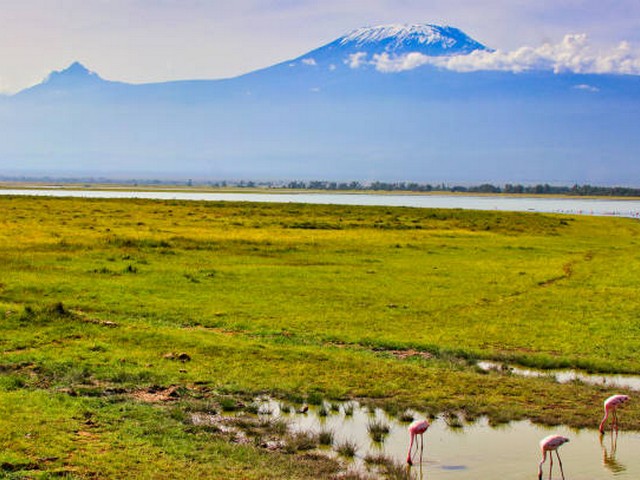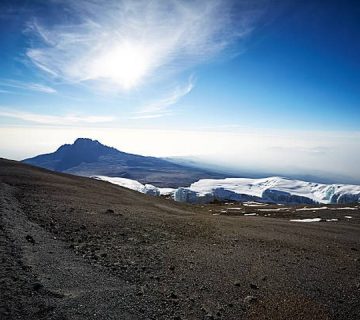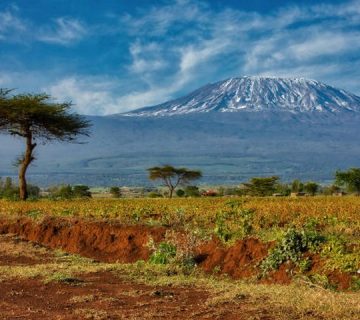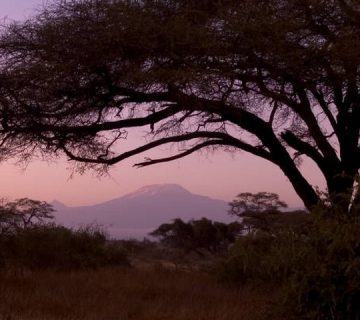Experience the Magic of Kilimanjaro Trekking With Cultural Guides
Mount Kilimanjaro, Africa’s highest peak, beckons adventurers from around the globe with its snow-capped summit and breathtaking landscapes. However, the mountain offers more than just a physical challenge; it’s a cultural journey through the heart of Tanzania. At Kilimanjaro Centre for Trekking and Ecotourism (KCTE), we believe that to truly experience the magnificence of Kilimanjaro, one must immerse themselves not only in its natural beauty but also in its rich cultural heritage. This is why we are thrilled to offer exclusive climbing adventures with our expert cultural guides. Join us as we delve into why trekking Kilimanjaro with cultural guides is an experience not to be missed.
Discover Kilimanjaro Through the Eyes of a Local
The Unique Value of Cultural Guides
Imagine ascending the mighty Kilimanjaro, where every path has a story and every turn reveals a new piece of local lore. Our cultural guides, born and raised on the slopes of this majestic mountain, bring these tales to life. They are not only trained in ensuring your safety and comfort during the trek but are also custodians of the Chagga tribe’s history and traditions, which dominate the region.
More Than a Climb – A Cultural Interaction
With KCTE, Kilimanjaro trekking is transformed into a vibrant cultural exchange. Our guides share insights into the indigenous flora and fauna, explain historical uses of various plants, and recount local myths and legends that have been passed down through generations. This enriching narrative adds a profound depth to the physical challenge of the climb.
Tailored Routes That Highlight Cultural Richness
The Machame Route – A Journey Through History
Often called the “Whiskey Route”, the Machame route is not just popular for its scenic beauty but also for its cultural significance. Trekking this route with our cultural guides, you’ll learn about the age-old traditions of the Chagga people, see historical sites, and perhaps even join in on a local Chagga dance around the campfire.
The Lemosho Route – Where Nature Meets Culture
Starting from the lush rainforests at the base, the Lemosho route offers a chance to witness traditional Chagga huts and ancient irrigation systems still in use. Cultural storytelling blends seamlessly with the ecological wonders along this less-traveled path, making it a favorite for those seeking tranquility and cultural immersion.
Preparing for Your Trek: Insights from KCTE Experts
Physical Prep Meets Cultural Insight
When you book your Kilimanjaro climb with KCTE, we provide comprehensive training tips that prepare you physically for the trek. But, we don’t stop there. Our pre-climb workshops include lessons on local customs, basic Swahili phrases, and historical contexts, enriching your understanding and appreciation of the climb.
Sustainable Trekking: Respecting Culture and Nature
At KCTE, we are committed to preserving Kilimanjaro’s environment and its cultural heritage. Trekking with us means supporting eco-friendly practices and cultural preservation efforts. Our guides enlighten trekkers on sustainable practices and cultural etiquette, ensuring that this majestic mountain can be enjoyed by generations to come.
KCTE’s Commitment to Safety and Comfort
Equipped for Excellence
Safety is paramount on any Kilimanjaro trek. Our guides are Wilderness First Responder (WFR) certified, and we use top-of-the-line gear. Regular health checks, nutritious meals, and comfortable campsites are all part of the KCTE experience, ensuring that you can focus on enjoying the journey and immersing yourself in the cultural storytelling.
Why Choose KCTE for Your Kilimanjaro Adventure
A Local Company with Global Standards
Choosing KCTE means opting for a tour operator that combines international safety standards with deep local knowledge. Our dual focus ensures a memorable and authentic experience that respects both the mountain and its cultural heritage.
Testimonials That Speak Volumes
Our past adventurers often speak not just of the physical achievement of summiting Kilimanjaro but of the lasting impressions left by the cultural interactions. Many return for another journey with us, a testament to the unforgettable experience we provide.
Frequently Asked Questions
Q: What is the best time to climb Kilimanjaro with a cultural guide?
A: The best times to climb Kilimanjaro are during the dry seasons: January to mid-March and June to October. These periods provide the most favorable weather for trekking and cultural activities.
Q: How do I prepare for altitude sickness?
A: Our guides are trained to help manage the risks of altitude sickness. We recommend a slow ascent, proper hydration, and listening to your body. Our pre-climb training also covers acclimatization techniques.
Q: Can I participate in local cultural practices during the trek?
A: Absolutely! We encourage interaction with local communities. Whether it’s participating in a coffee ceremony or dancing at a campfire with locals, these are highlights that enhance your trekking experience.
Q: How does KCTE contribute to local communities?
A: A portion of every booking fee goes directly to community projects. We also employ local staff and guides, ensuring that the benefits of tourism are shared with the local communities.
Ready to Explore Kilimanjaro With a Cultural Twist?
Embarking on a Kilimanjaro trek with a cultural guide from KCTE isn’t just about reaching the summit; it’s about weaving through the fabric of local culture and history. Ready to discover the heart and soul of Kilimanjaro? Contact Kilimanjaro Centre for Trekking and Ecotourism today, and let us guide you to the top with the warmth and wisdom of the local people. Adventure awaits with KCTE – where every trek is a journey through culture and nature.




